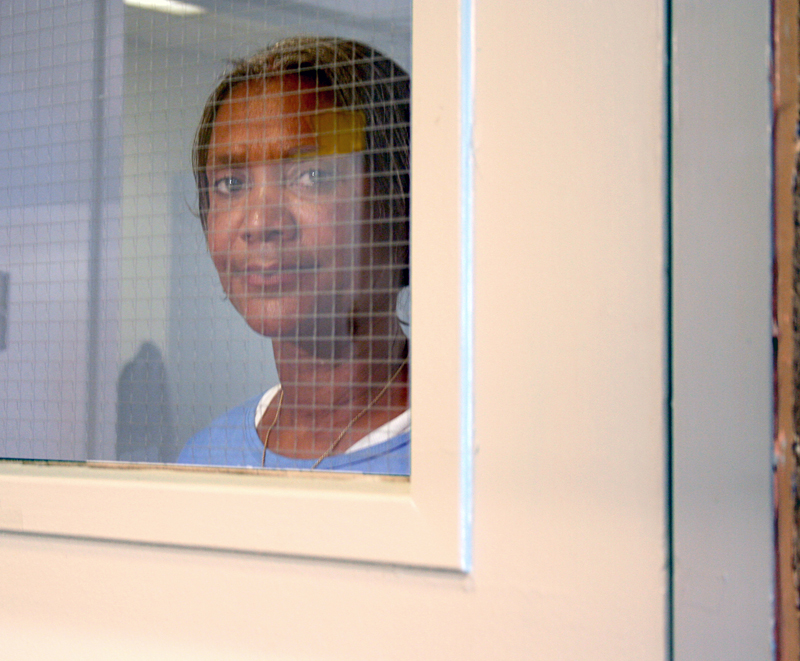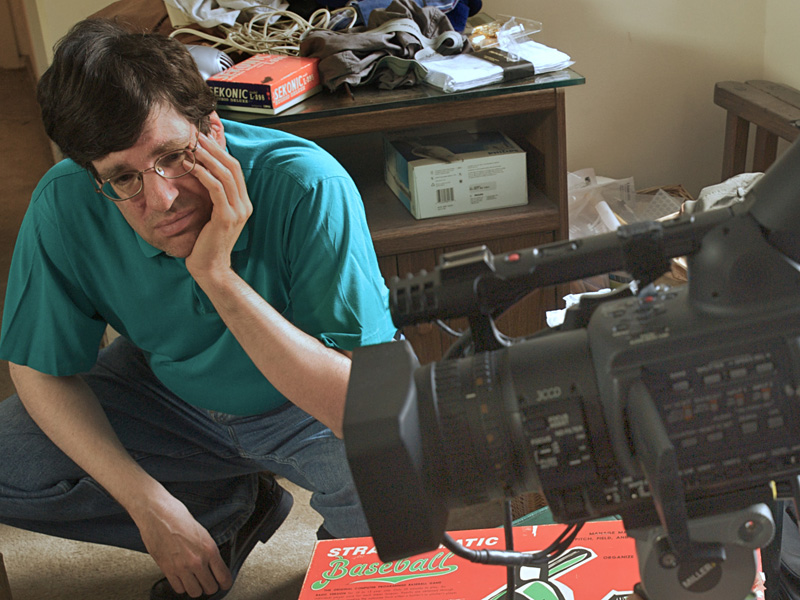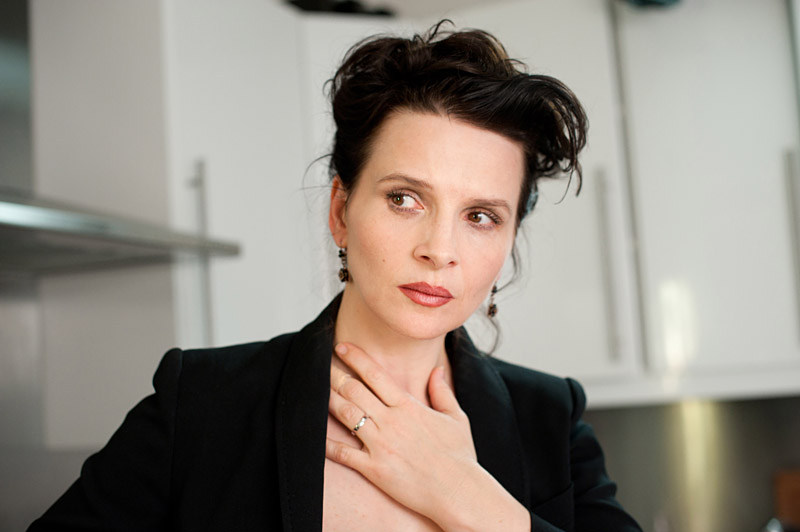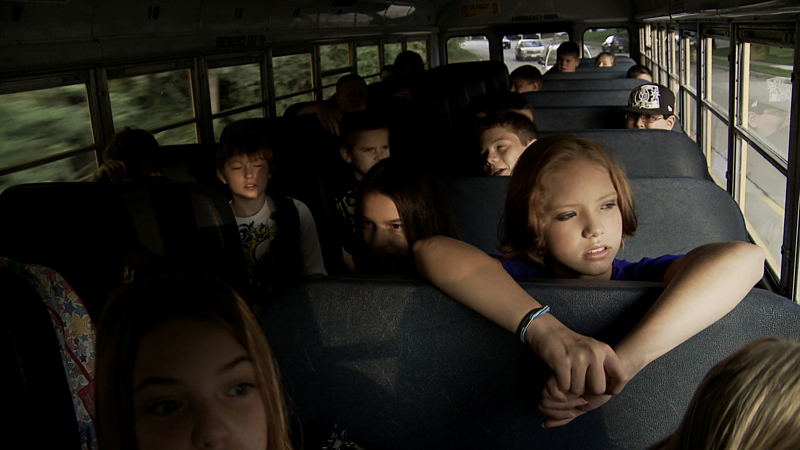On its face, the title is misleading. Crime After Crime sounds like a repeat-offender case study, but instead concerns the injustice done to Deborah Peagler, an incarcerated mother of two. Debbie gets a life sentence for the murder of her abusive boyfriend, mostly thanks to a conspicuous life-insurance payout; two decades and a California law change later, pro bono attorneys Nadia Costa and Joshua Safran petition for habeas corpus, arguing that Debbie deserved no more than six years, for voluntary manslaughter. Helpfully, Safran draws a whiteboard flow chart of the appeals process ahead—nearly seven years of setbacks follow, the most infuriating ones courtesy of the L.A. District Attorney’s office. Using a separate PBS project and his official position as her legal videographer to gain behind-bars access, director Yoav Potash captures industrious Debbie leading the lockup’s church choir, and logs testimonials from inmates who pursued GEDs at her urging. Crime After Crime lobbies for the rights of battered women, and, like many cause documentaries, looks rather plain and occasionally makes sure everyone’s having the correct emotional response—the cloying piano that accompanies the news of her declining health is a bit much, as is tacitly suggesting an election-night blunder on the part of D.A. Steve Cooley might be divine retribution. But Potash’s first feature-length documentary otherwise does justice to its subject’s wrenching story.
Crime After Crime: Battered Women Behind Bars








